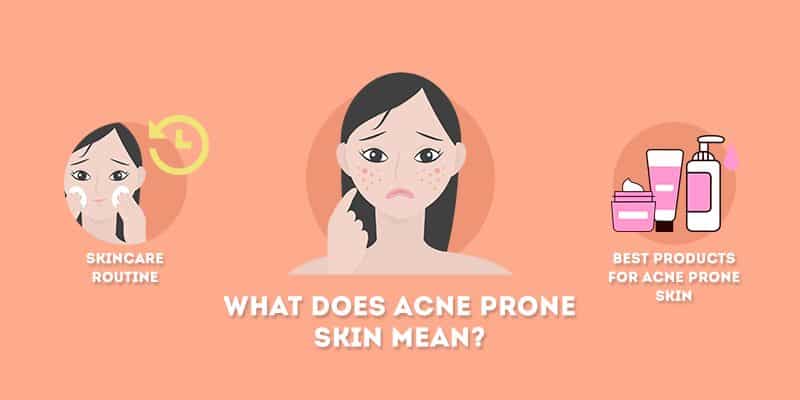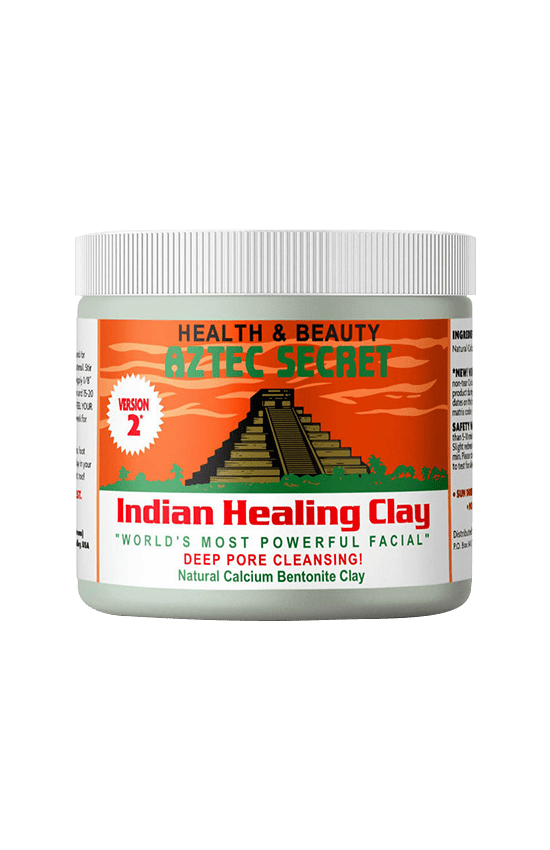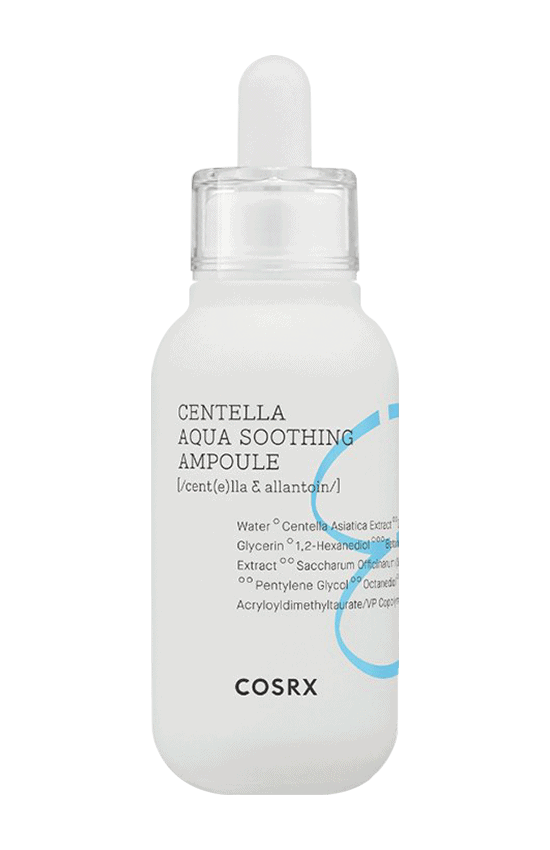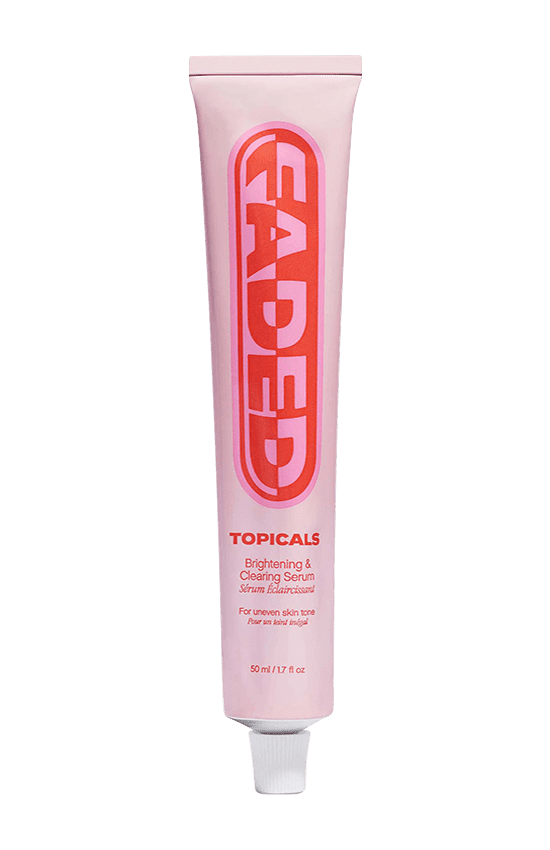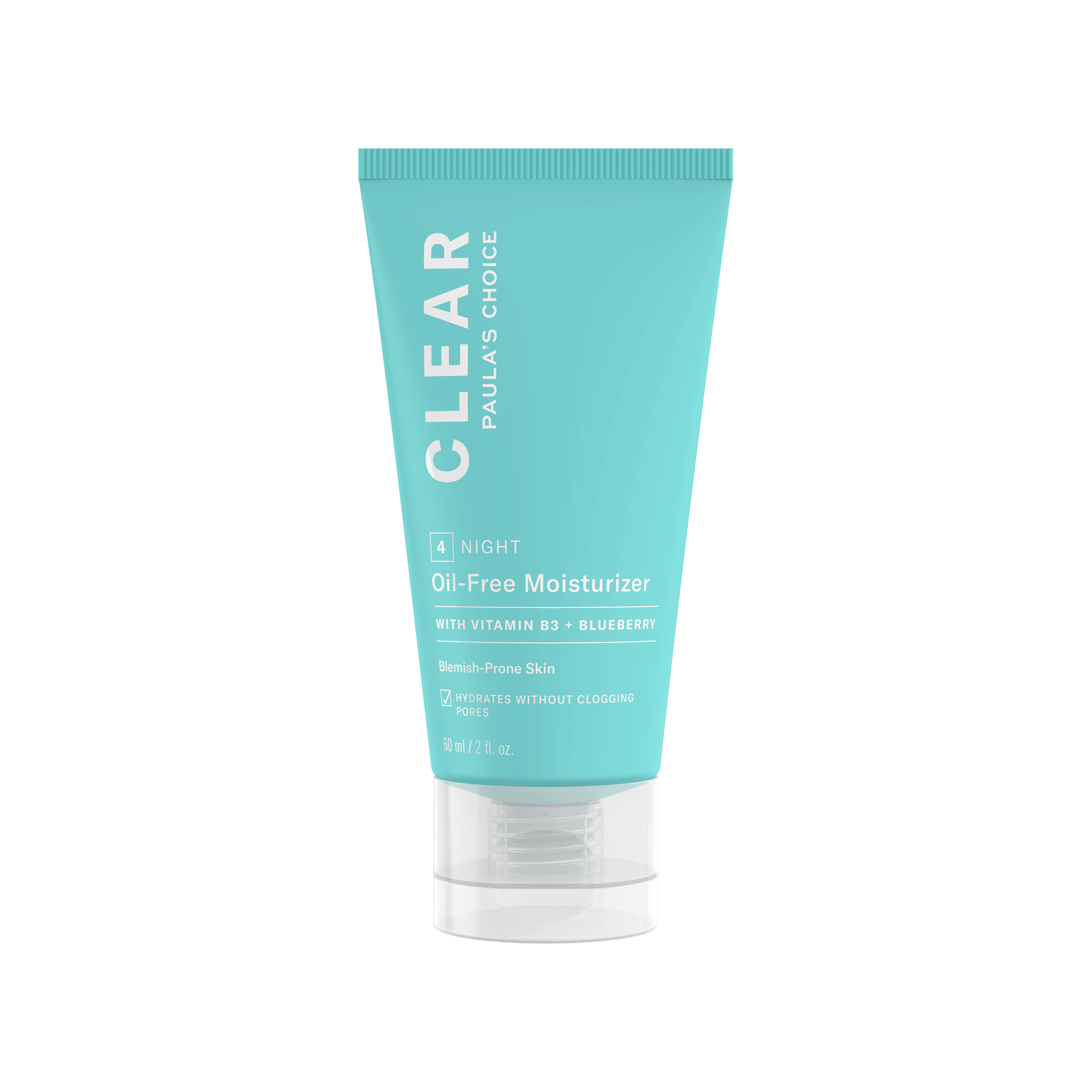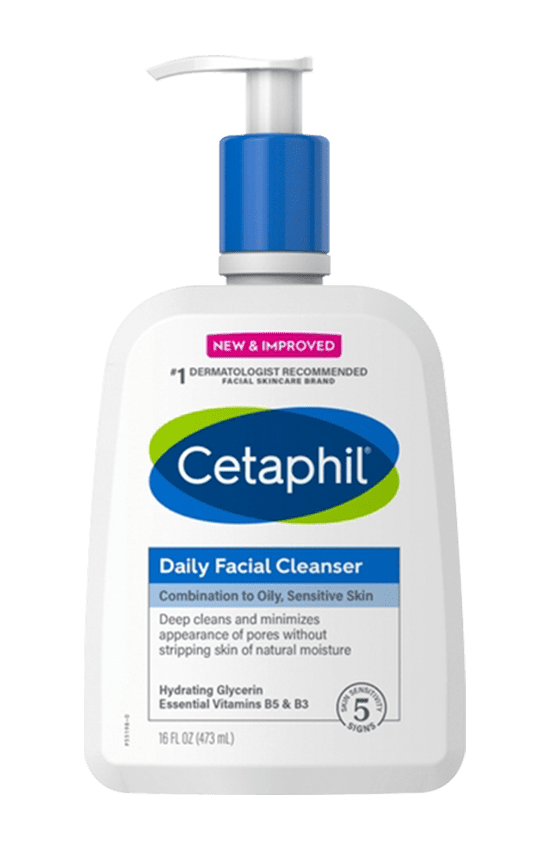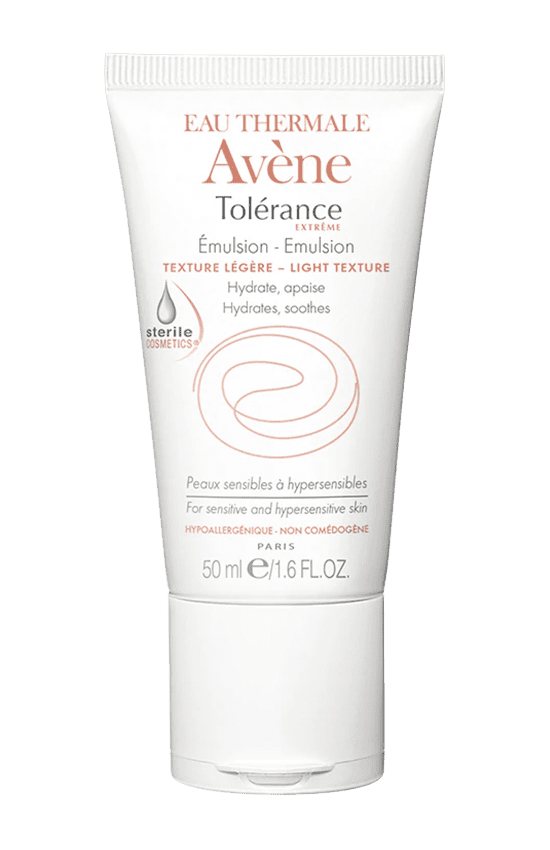Although every individual has similar acne-causing triggers, some people are more prone to developing the skin blemishes because of larger pores and more overactive oil glands.
Here is more information to help you to understand what exactly acne prone skin means.
What is Acne Prone Skin?
Acne prone skin means you're more susceptible to breaking out in various areas of the skin.
There are a number of culprits that lead to breakouts, such as using certain productss, diet choices, stress, or other lifestyle factors.
People who are not prone to acne flare-ups do not have to worry about lifestyle choices because they are not likely to experience regular breakouts.
How Do I Know If I Have Acne Prone Skin?
It will become obvious that your skin is prone to acne if you suffer from consistent breakouts.
Additionally, those with acne prone skin tend to breakout from products such as thick moisturizers, bar soaps, and even some sunscreens.
If any of these sound familiar to you, you may have acne prone skin.
Skincare Routine Tips
If you are one of the unlucky people who are prone to acne breakouts, you will need to be diligent in designing and implementing an effective skincare routine.
The proper products and protocols can be all the difference in the quest for clear skin.
Here are five products to keep in mind as you implement a skin care routine:
1. Use a Water Soluble Cleanser
Water soluble cleansers will not leave any unwanted residue on your face. Additionally, using a gentle facial cleanser containing no alcohol will work the best to cleanse the skin without causing irritation.
After rinsing with lukewarm water, gently pat the skin dry with a clean towel.
Although it may be tempting to use a washcloth or loofah, it is better to simply use your fingertips to massage the skin. Using an external element to cleanse is not really necessary.
However, they could be helpful in removing makeup or sunscreen.
2. Exfoliate with Beta Hydroxy Acids (BHA)
After cleansing, an effective exfoliating routine will work to peel away the dead layers of skin and leave refreshed look to the face.
BHAs are essential in the exfoliation process because of their ability to work deep inside the pore after cleansing the surface of the outer layers of skin.
The acids penetrate the pore to remove excess oil and dirt, leading to a reduction of blemishes, ultimately reducing redness and other skin imperfections.
3. Apply a Spot Treatment
A solid spot treatment will give you an extra option for treatment should breakouts occur.
A gold standard ingredient to look for is benzoyl peroxide. Benzoyl peroxide works by killing the bacteria that leads to acne.
The strength of the benzoyl peroxide varies between two and ten percent, with the lower levels of intensity available as on over the counter (OTC) option and the stronger concentrations available as a prescription.
4. Use a Moisturizer for Acne Prone Skin
One of the most common side effects of many acne fighting products is dry skin.
Because of this, an effective moisturizing protocol must also be used in conjunction with many spot treatments.
Many people make the mistake of overdoing the acne treatment, thinking that more is better.
This mistake leads to dry skin and further irritation.
To combat the dryness, use a moisturizer that is non-comedogenic and formulated for acne prone skin.
Best Products for Acne Prone Skin
Since you have a better understand of how to develop a skincare routine, consider these great products for acne prone skin.
1. Sebamed Clear Face Cleansing Foam
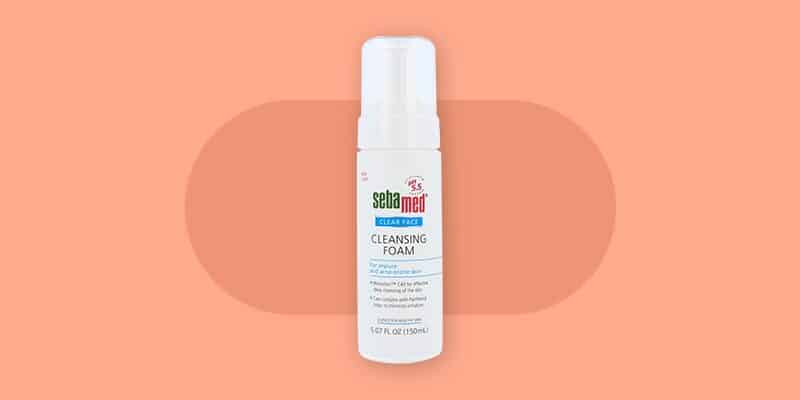
Best Cleanser for Acne Prone Skin (Normal to Oily)
This daily cleanser delivers critical hydration to the skin while also ridding it of acne-causing bacteria. The mild soap works by removing excess sebum and dirt particles while continuing to support the natural biological barrier function of the skin. The deep cleansing action reaches far into the pores to stop acne and other skin impurities in their tracks. The inclusion of vitamin B5 helps to regenerate irritated skin.
2. CeraVe Foaming Facial Cleanser
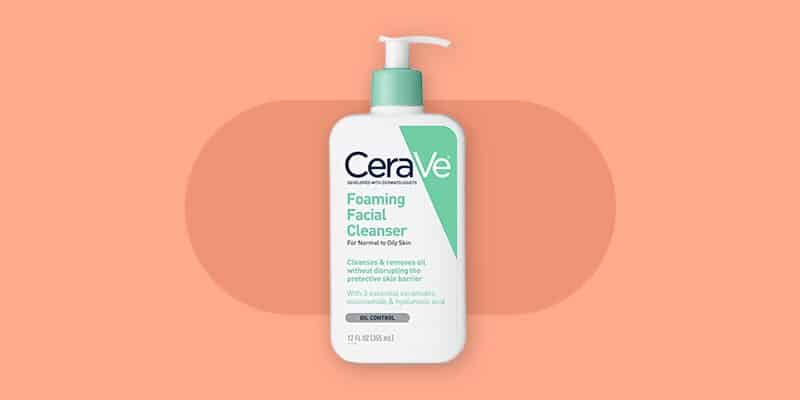
Best Cleanser for Acne Prone Skin (Oily Skin)
Formulated for normal to oily skin, this cleanser delivers a foaming formula designed to provide a deep cleanse without stripping the skin of important moisture elements. The cleanser works hard to remove excess dirt, oil, makeup, and other environmental impurities. The gentle ingredients will not dry out the skin or disrupt the natural protective barrier. The soothing foaming action is both gentle and effective.
3. Paula's Choice SKIN PERFECTING 2% BHA Liquid
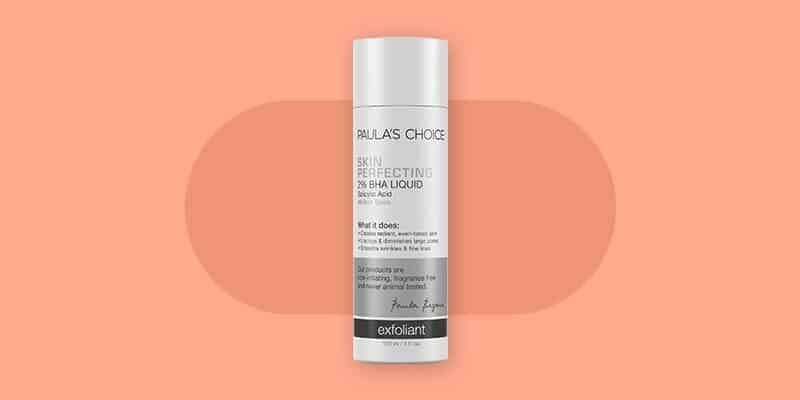
Best BHA for Acne Prone Skin
This product has a loyal following for good reason. The leave-on exfoliant goes to work quickly to unclog pores and shed dead skin cells to leave a refreshed and clean look. The formula is gentle enough to be used twice per day after cleansing and toning the skin. This is an ideal product to add to your routine if you are looking for more radiant skin.
4. Acne.org 2% Benzoyl Peroxide
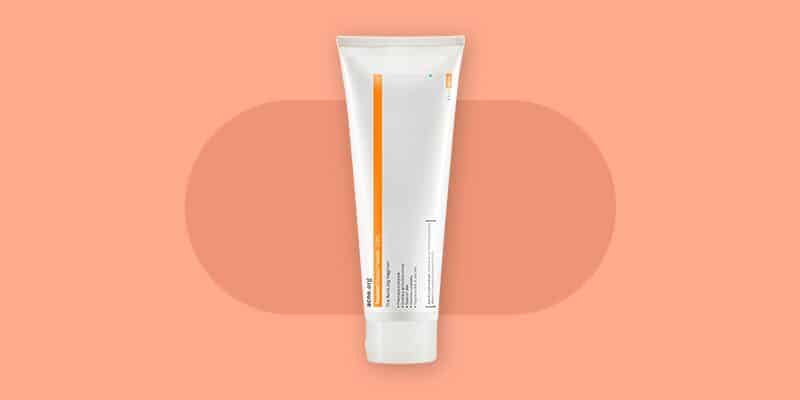
Best Spot Treatment for Acne Prone Skin
Formulated with a 2.5 percent benzoyl peroxide, this gel goes on clear and spreads easily for convenient use. The concentration of benzoyl peroxide works to rid the skin of acne while the gentle formula ensures that the skin will not unnecessarily dry out.
FAQ
Should I wash my face more often if I have acne prone skin?
Just because you are acne prone does not mean you need to wash your skin more often. Wash your face 1-2x daily. Be sure to remove makeup or sunscreen at night.
Is acne prone skin a sign of bad hygiene?
No, acne prone skin is not a sign of bad hygiene. Being acne prone is entirely made up from your genetics.
Does acne prone skin ever go away?
It can as you get older. However, there is a chance you may always be acne prone, even in your 40s, 50s and 60s.
The Bottom Line
Acne prone skin means your skin type is more prone to breakouts, or sensitive to certain products.
Cleansing, exfoliating and the use of spot treatments will help those who suffer from acne prone skin. And the best products for acne prone skin include: salicylic acid and benzoyl peroxide.
